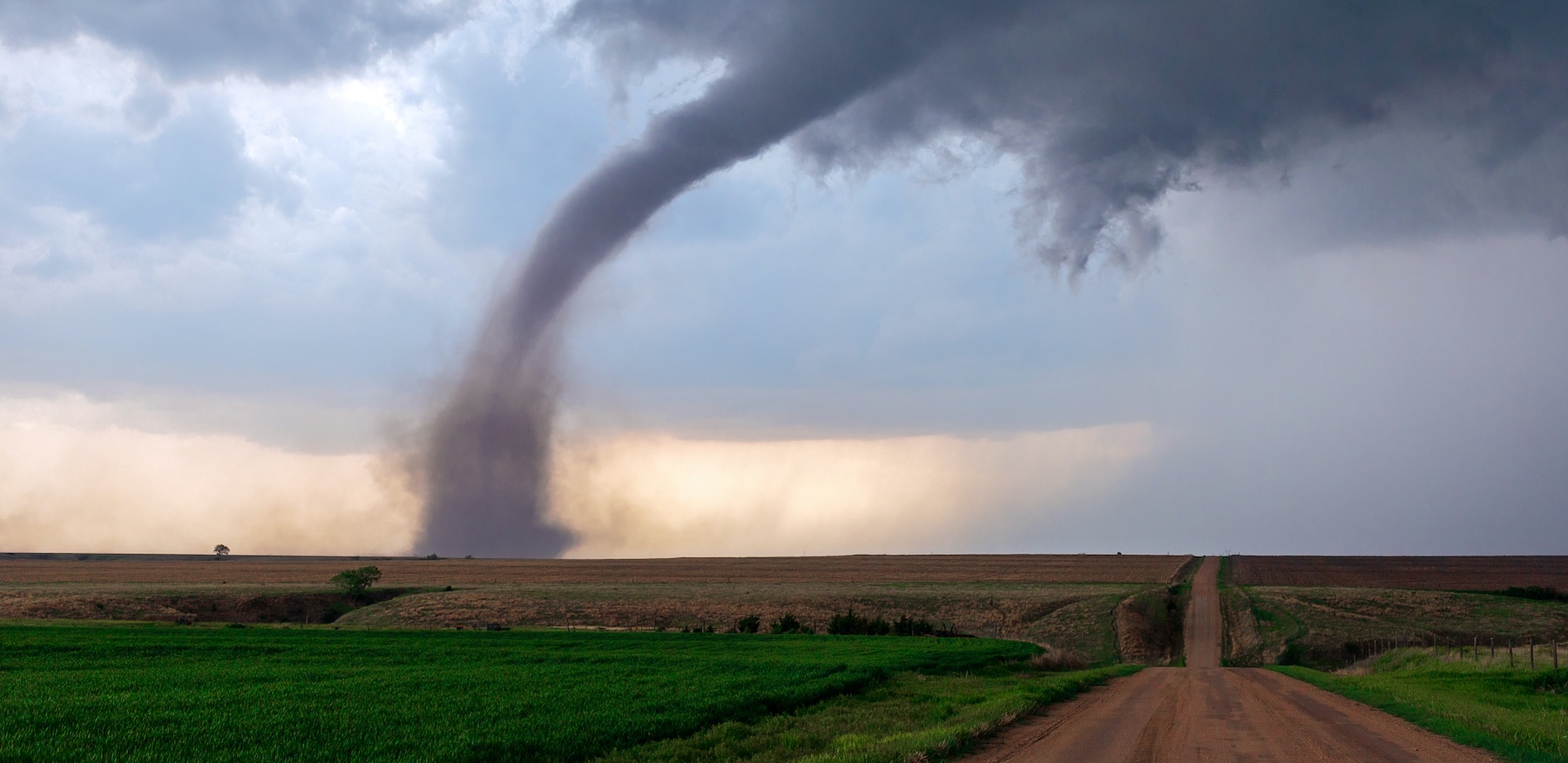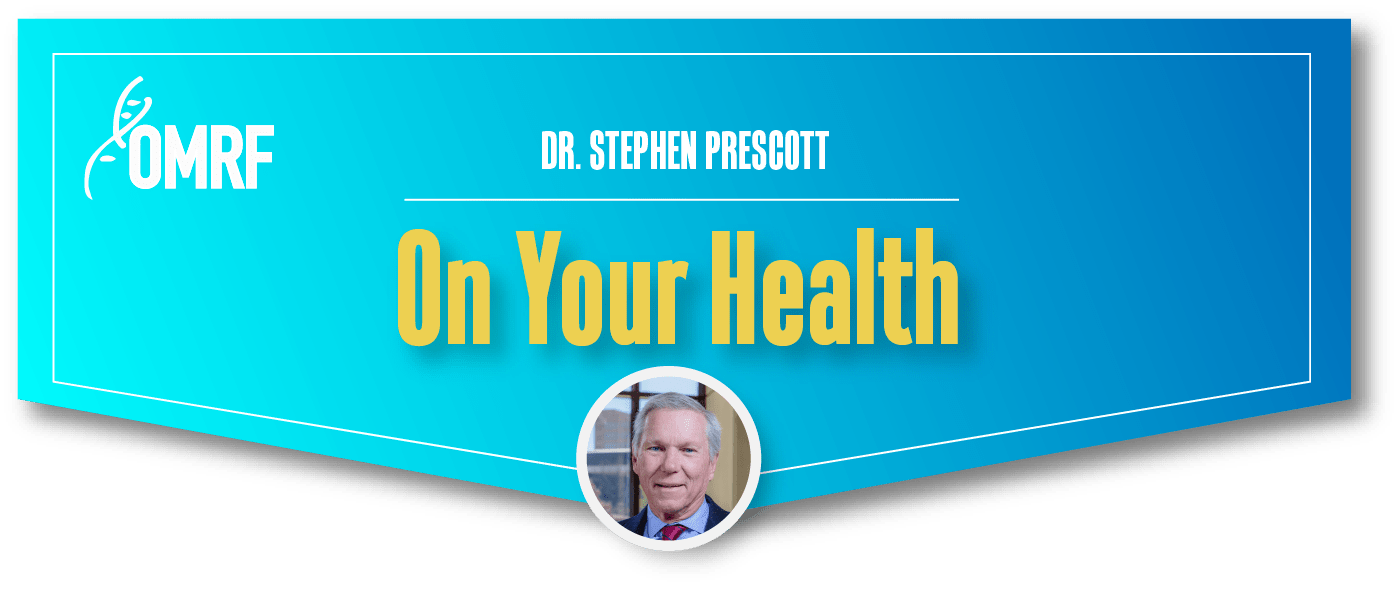Why have we done such a poor job at controlling the coronavirus?
With more than 5 million cases and 165,000 deaths, the U.S. is far and away the world leader in both categories, despite representing only 4 percent or so of the world’s population. We are also one of the world’s wealthiest nations, which distinguishes us from the other countries (Brazil, India, Russia and South Africa) that round out the top five in cases.
Unlike many other countries, our federal government has not issued any mandates about mask-wearing, travel or the like. In a nation that prides itself on a heritage of individual rights and liberty, this makes a certain amount of sense.
However, when we leave decisions to individuals, we’re counting on each person to behave in ways that serve to protect them – and us. In other words, we expect people to assess risk accurately and then act accordingly.
Unfortunately, as human beings, we’re just not wired that way.
You see, in spite of our belief that we behave rationally in the face of risk, we don’t. As a race, we humans often fall prey to tendencies that distort our view of dangers.
Those logical fallacies begin with a perception that each of us is special. Known to psychologists as optimistic bias, it means we believe that, in any given situation, our own risk is less than other people’s.
It can play out in many ways in our daily lives. Getting behind the wheel after having a couple of drinks. Riding a bike without a helmet. Going to the gym amidst a pandemic.
If that behavior doesn’t come back to bite us (say we don’t contract the coronavirus after a trip to the gym), our optimistic bias then gets reinforced.
We develop a false sense of confidence that our actions are less risky than they are. Even though our continued good health was a product of random probability – no one working out in our vicinity was shedding viral particles – we misread our good fortune as invulnerability. And this false sense of confidence grows each time we roll the dice and avoid snake eyes.
In his excellent book The Fifth Risk, Michael Lewis wrote about some of these logical traps. In particular, he described the results of interviews with those who lived in tornado-prone areas but had failed to seek shelter in the face of oncoming storms.
“They claimed that tornadoes never crossed the river they lived on, for instance. Or that tornadoes always split as they approached their town. Or that tornadoes always followed the highway. Or that tornadoes never struck the old Indian burial grounds.”
Of course, none of this was true. There was no pattern or magical explanation for the storms’ random movements. However, those who hadn’t taken cover did share one common trait: None had lived in a home that had been struck by a tornado.
And here, again, you see that optimism. Even in places where tornadoes are commonplace, we don’t fully grasp the magnitude of the risk unless we’ve been affected ourselves.
Take our own metro area, where several powerful tornadoes have hit Moore, yet neighboring Norman has remained unscathed. “The perception of risk of the people in Moore is about twice that of the people living in Norman,” a scientist at the Storm Prediction Center told Lewis. “The people in Norman are less likely to start preparing during a tornado watch than the people in Moore.”
Unfortunately, all of us who haven’t come down with Covid-19 are Norman. Or, at least we’re hard-wired to be.
To have any hope of keeping schools and businesses open and functioning at something approximating normalcy, we need to make ourselves think like Moore. That means acknowledging that the risks the virus poses are real and doing all that we each can to minimize the risk of exposing ourselves and others.
In most aspects of our lives, optimism can be a powerful asset. But when it comes to the coronavirus, a little pessimism might be just what the doctor ordered.
__
Get Dr. Prescott’s column delivered to your inbox each Sunday — sign up here.




